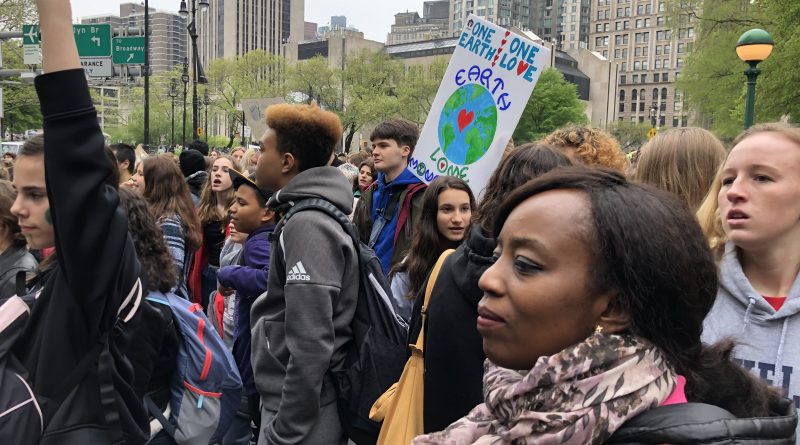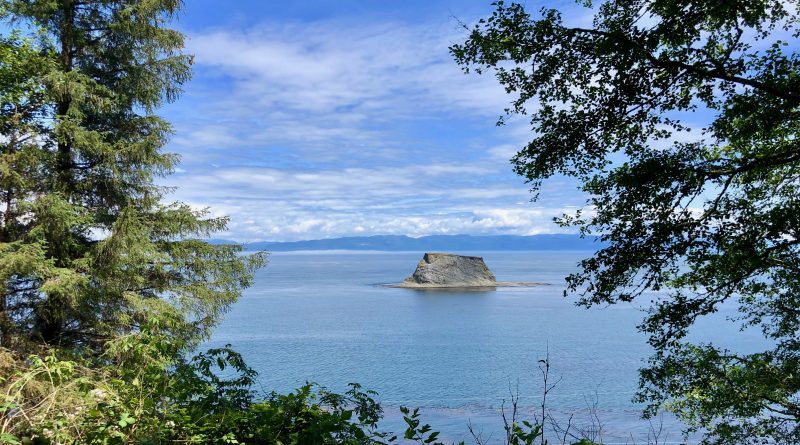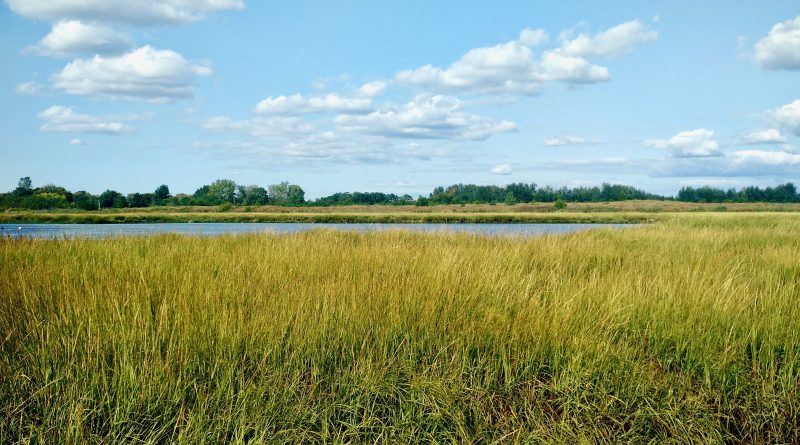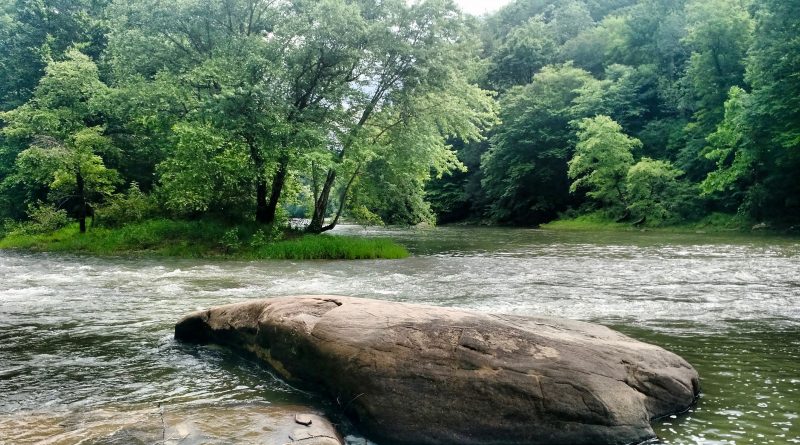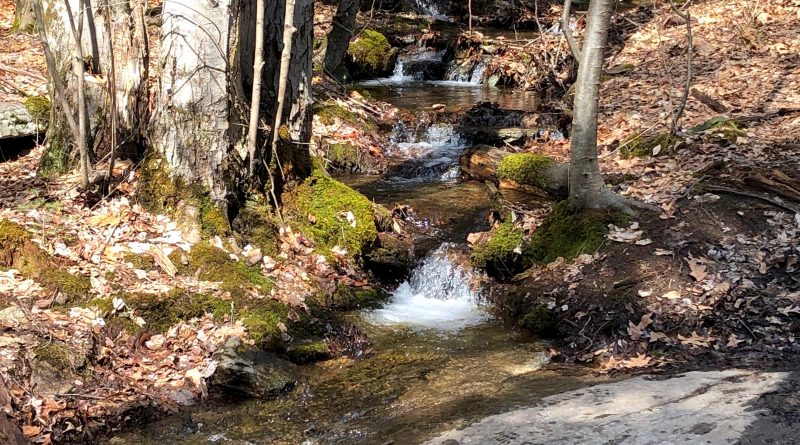It’s Hot! – extreme heat, race, recommendations, and hope
In a hospital bed in Jacobabad, Pakistan, Mohammed Musa was suffering from heat stroke. The 65-year old rice-farm worker had been brought in with a 102°F temperature, body aches, and exhaustion. Temperatures in Jacobabad reached over 100° for 51 straight days and hit 123.8° one day earlier this year. Above Musa’s bed was a banner detailing how to avoid heat strokes. “Stay indoors or under a shade during the hot hours of the day,” it advised. It’s an excellent recommendation, but not currently realistic for countless farm workers in many parts of the world. “If we stop working every time it gets too hot,” Musa said, “how will we eat?”
Musa recovered from his heat stroke, but in Portugal, Spain, Germany, and Britain, over 4,600 people, many of them elderly, died in a heat wave in June and July this year. Temperatures in Europe went over 104°F–more than 20 degrees higher than usual summer peak temperatures — impacting millions.
In the U.S. NOAA (the National Oceanic and Atmospheric Administration) categorizes a “heat index” reading of over 103°F as in the “Danger” zone. The “heat index” takes humidity as well as temperature into account in order to measure how hot it feels. Heat index readings of 90° – 103° are in the “Extreme Caution” zone. This week the heat index in 40 major cities in the U.S. is expected to reach the Danger zone, with large areas of the country in the Extreme Caution zone.
Read more
